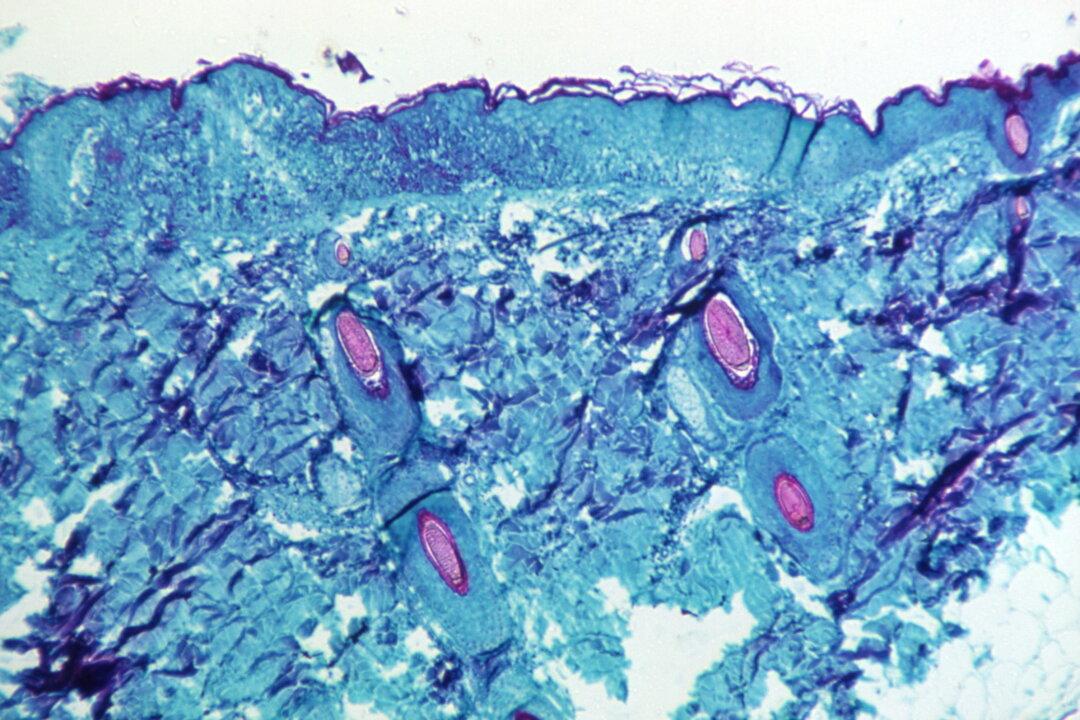Doses of the Jynneos vaccine are being released in the United States to prevent monkeypox amid rising cases in the past few weeks in several countries not endemic for the virus, according to the Centers for Disease Control and Prevention (CDC).
There are more than 1,000 doses of the Jynneos vaccine that were approved in the United States in 2019 and are in the strategic national stockpile, Jennifer McQuiston, deputy director of the Division of High Consequence Pathogens and Pathology at the CDC, told reporters at a media briefing on Monday.




